Search Images
Browse Content (p. 390)

Image
Babylonian Palace Scene
Artist's impression of a scene in a Babylonian palace. The illustration takes inspiration from the Ishtar Gate as well as the Hanging Gardens of Babylon, one of the Seven Wonders of the Ancient World. Created by Amplitude Studios for the...
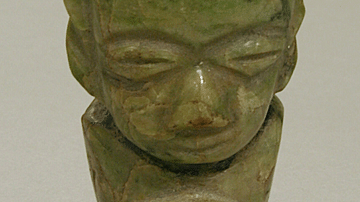
Image
Aztec Jade Pendant
An Aztec jade pendant in the form of a figurine. 15th century. (Metropolitan Museum of Art, New York)
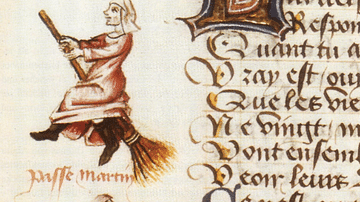
Image
Waldensians as Witches
A portion of an illuminated manuscript showing Waldensian women as witches. The Waldensians were considered a heretical sect and persecuted by the Catholic Church in France in the 16th century. From Martin Le Franc's "Ladies' Champion", 1451...

Image
Shang Dynasty of China, c. 1100 BCE
This map illustrates the rise and expansion of the Shang dynasty, which emerged around 1600 BCE after the fall of the Xia dynasty. Centered on the North China Plain, the Shang established a hereditary monarchy with a centralized government...
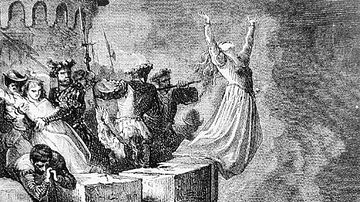
Image
Massacre of the Waldensians of Merindol
A 19th-century print by Gustave Dore showing the massacre of the Waldensians of Merindol in France in 1545.
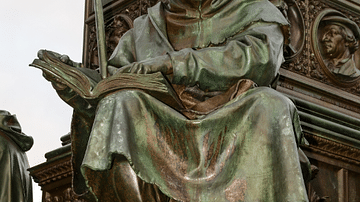
Image
Statue of Pierre Waldo
A 19th-century statue of Pierre Waldo (l. 1140–1218), a forerunner of the Christian Reformists. Luther Memorial in Worms, Germany.
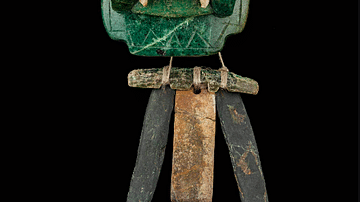
Image
Zapotec Jade Bat Assemblage
A jade assemblage representing a leaf-nosed bat. Likely worn as a belt or chest adornment. From a Zapotec royal tomb at Monte Alban, Mexico.
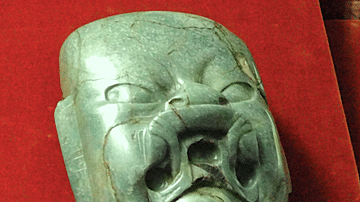
Image
Kunz Axe
The Kunz Axe, a ceremonial axe-head or celt created by the Olmec civilization of Mesoamerica. Carved from jade. (Museum of Natural History, New York)
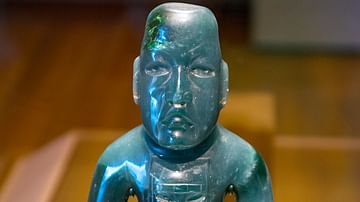
Image
Olmec Jade Figurine
A polished jade figurine from the Olmec civilization of Mesoamerica. The larger figure holds a deity, probably a representation of a rain god. (Brooklyn Museum, New York)
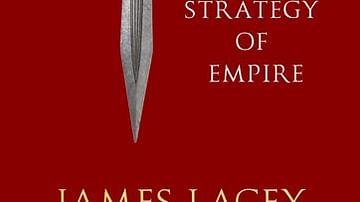
Image
Rome: Strategy of Empire
Rome: Strategy of Empire by James Lacey.